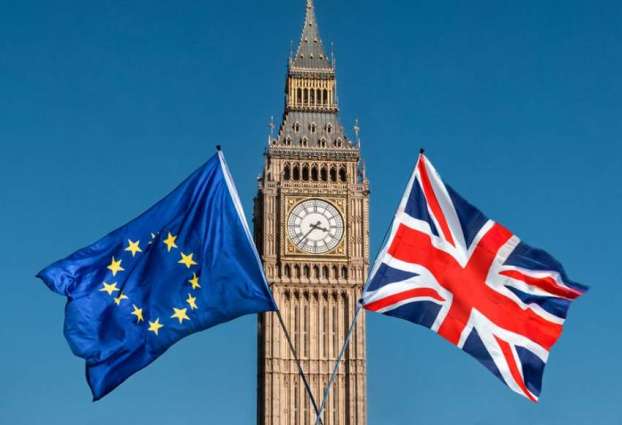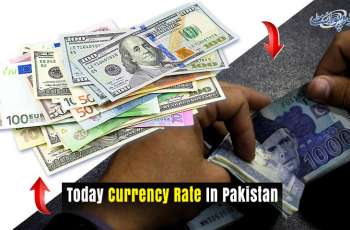The United Kingdom's Brexit ordeal has cost the economy about 600 million pounds ($785 million) per week since the 2016 referendum, Goldman Sachs said on Monday in a report that analyzed how Brexit has impaired the UK economy
LONDON (Pakistan Point News / Sputnik - 01st April, 2019) The United Kingdom's Brexit ordeal has cost the economy about 600 million Pounds ($785 million) per week since the 2016 referendum, Goldman Sachs said on Monday in a report that analyzed how Brexit has impaired the UK economy.According to the report, the uncertainty surrounding the unresolved and dragging-on Brexit situation following a referendum in 2016, has been a major cause of a decrease in investment into the country.
"Uncertainty shocks weighed on investment growth in the immediate aftermath of the Brexit vote, as well as more recently amid the renewed intensification of Brexit uncertainty," the US investment bank said.
The bank also outlined the various economic prospects for the United Kingdom depending on which final route it choses to follow in exiting the European bloc.
A no-deal scenario, the bank predicted, would be the most detrimental option for both sides. UK Gross Domestic Product (GDP) would fall by 5.5 percent and the subsequent drop of global confidence in the nation would further depreciate UK Currency by 17 percent.
Some sort of transition deal secured between the parties would reverse part of the United Kingdom's economic losses and the UK GDP would grow by 1.75 percent and the currency would appreciate by 6 percent.
If the United Kingdom were to stay as part of the economic trade bloc with the European Union, the country would be able to completely recoup its losses, increase its global confidence in its businesses and the currency would appreciate by 10 percent.
UK lawmakers are set to continue discussing alternative Brexit options on Monday after holding a series of indicative votes on Wednesday.
The European Council gave the United Kingdom an extension beyond the original Brexit deadline of March 29. The UK Parliament now has to come up with a new Brexit proposal, following the rejection of UK Prime Minister Theresa May's Brexit deal, by April 12 or risks leaving the bloc without a deal.




